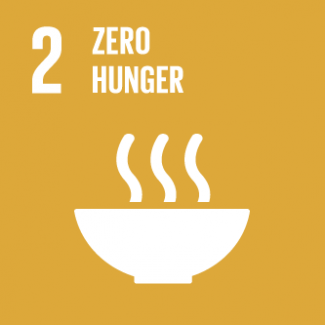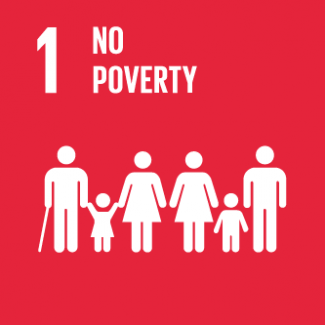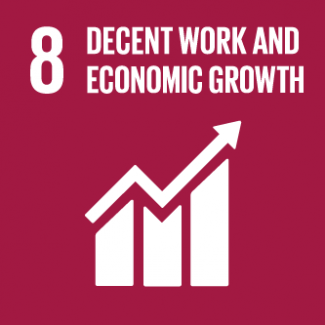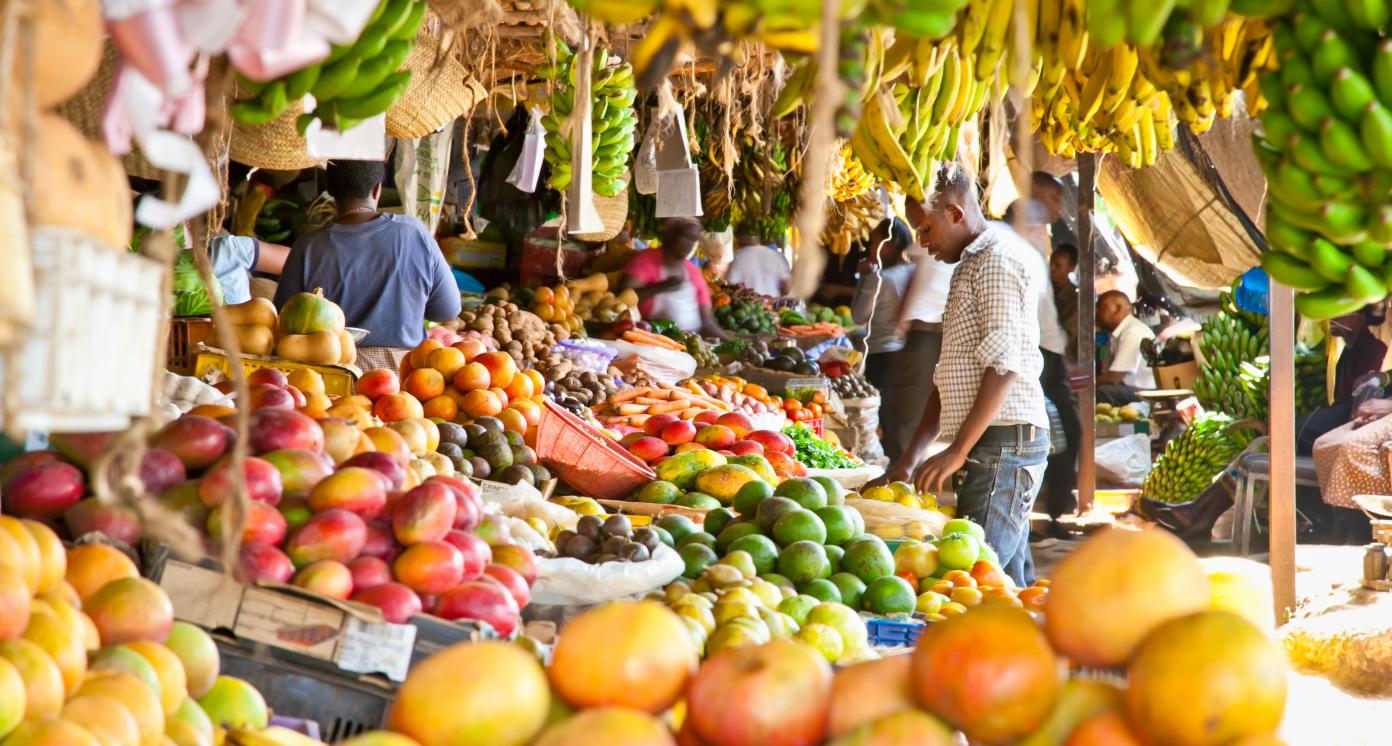Kenya has made significant political and economic reforms that have contributed to sustained economic growth, social development, and political stability gains over the past decade. However, its key development challenges still include poverty, inequality, climate change, continued weak private sector investment and the vulnerability of the economy to internal and external shocks.
Kenya ushered in a new political and economic governance system with the passage of a new constitution in 2010 that introduced a bicameral legislative house, devolved county government, a constitutionally tenured judiciary and electoral body. The first election under this new system was held in 2013. The August 8, 2017 presidential elections were nullified on September 1, 2017 by the Supreme Court, and a new presidential election was held on October 17, 2017. President Uhuru Kenyatta was sworn in for a second and final five-year term on November 28, 2017.
Over 2015-2019, Kenya’s economic growth averaged 5.7%, making it one of the fastest growing economies in Sub-Saharan Africa. The performance of the economy has been boosted by a stable macroeconomic environment, positive investor confidence and a resilient services sector.
In addition to aligning the country’s long-term development agenda to Vision 2030, the President outlined the “Big Four” development priority areas for his final term as President prioritizing manufacturing, universal healthcare, affordable housing, and food security. The COVID-19 shock has hit Kenya’s economy hard through supply and demand shocks on both the external and domestic fronts and caused activity to slow sharply in 2020 (real gross domestic product is estimated to have contracted by 0.3% in 2020). Agricultural output grew robustly, but manufacturing and many services subsectors (e.g., tourism, education) were severely disrupted.
19



Food and Beverage, Infrastructure, Health Care
0.601
How is this information gathered?
SDG Investor Maps employ an 8-step methodology, combining data research and stakeholder consultations to identify Investment Opportunity Areas (IOAs) and potential business models with significant financial and impact potential.
Disclaimer
UNDP, the Private Finance for the SDGs, and their affiliates (collectively “UNDP”) do not seek or solicit investment for programmes, projects, or opportunities described on this site (collectively “Programmes”) or any other Programmes, and nothing on this page should constitute a solicitation for investment. The actors listed on this site are not partners of UNDP, and their inclusion should not be construed as an endorsement or recommendation by UNDP for any relationship or investment.
The descriptions on this page are provided for informational purposes only. Only companies and enterprises that appear under the case study tab have been validated and vetted through UNDP programmes such as the Growth Stage Impact Ventures (GSIV), Business Call to Action (BCtA), or through other UN agencies. Even then, under no circumstances should their appearance on this website be construed as an endorsement for any relationship or investment. UNDP assumes no liability for investment losses directly or indirectly resulting from recommendations made, implied, or inferred by its research. Likewise, UNDP assumes no claim to investment gains directly or indirectly resulting from trading profits, investment management, or advisory fees obtained by following investment recommendations made, implied, or inferred by its research.
Investment involves risk, and all investments should be made with the supervision of a professional investment manager or advisor. The materials on the website are not an offer to sell or a solicitation of an offer to buy any investment, security, or commodity, nor shall any security be offered or sold to any person, in any jurisdiction in which such offer would be unlawful under the securities laws of such jurisdiction.



















